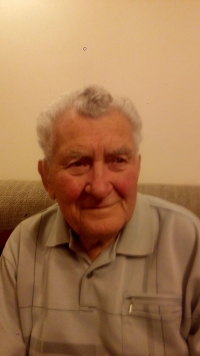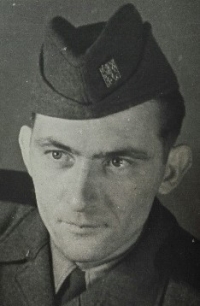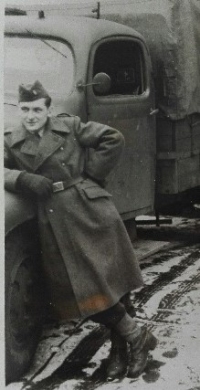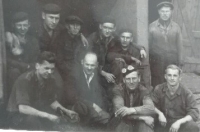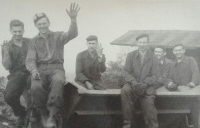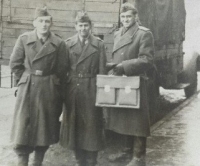He never believed communism could last forever
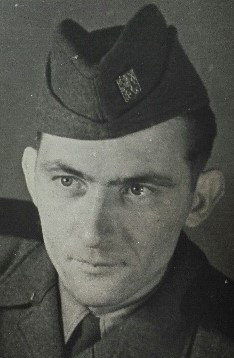
Stáhnout obrázek
Emil Doboš, born on September 7, 1928, faced political profiling due to the designation of his father as the so-called kulak. The first Viennese arbitration attached Doboš‘s hometown of Ujlak near Trebišov (today‘s Novosad) to Hungary. After high school years in Subcarpathian Ruthenia during World War II and the vicissitudes associated with it, he continued to study mechanical engineering at the University in Bratislava. He was forced to interrupt his studies due to compulsory military service and enlisted in Mimoňa, (to Ostrava), where he worked in the mine as a member of the PTP. After returning to civilian life, he coincidentally acquired a job position at a cement plant in Bystre. As a married man and father, he tried to secure his family by obtaining a university degree and career advancement, in which he eventually succeeded at the cost of joining the Communist Party. Until the regime change, he was forced to hide his past in the PTP for the good of his relatives.
